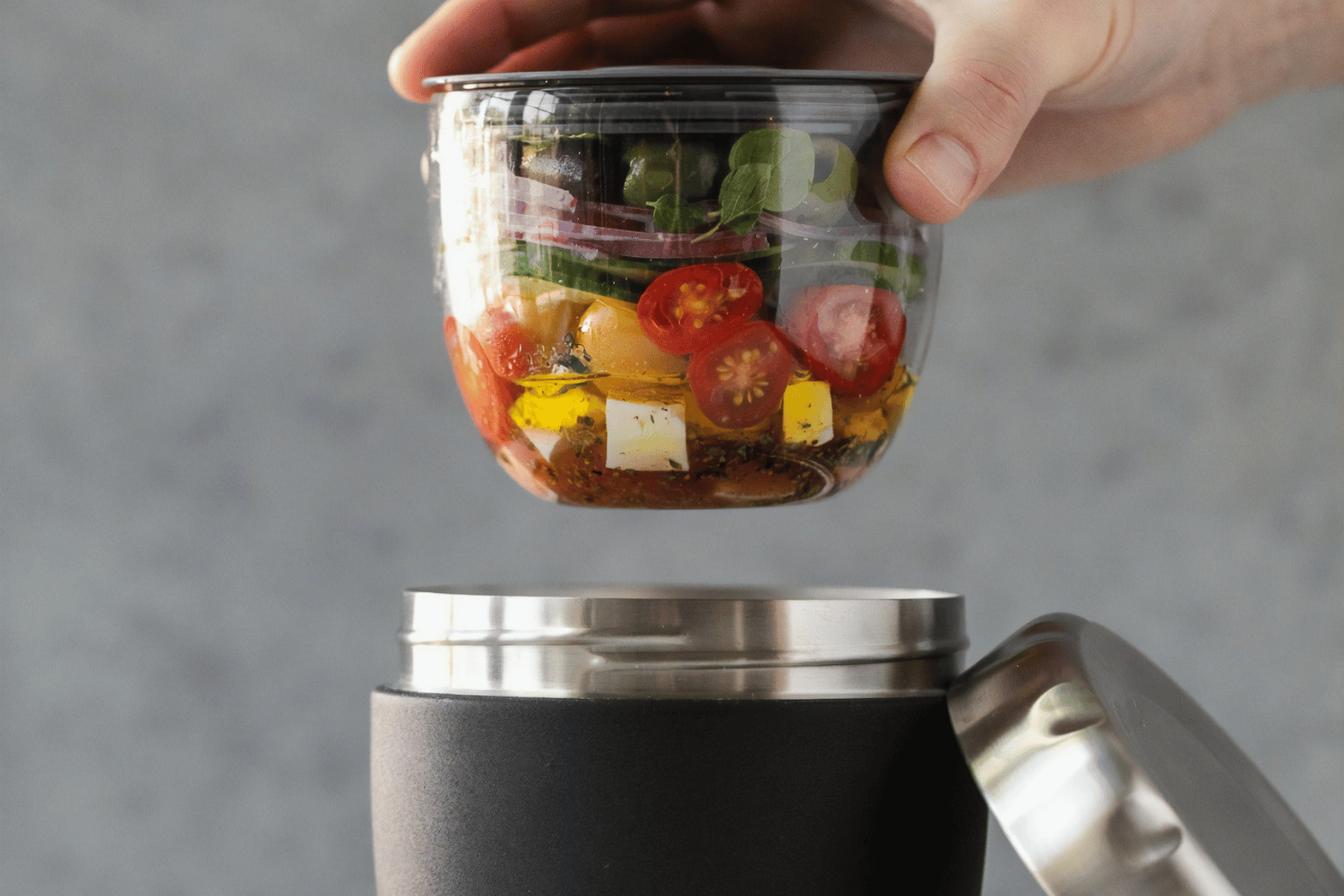The World's 5 Most Nutrient-Dense Foods

What foods are the most nutrient-dense that we can eat? We all understand the need for a balanced diet. Foods that are high in nutrients are rich in vitamins, minerals, necessary proteins, and good fats.
These five nutrient-dense powerhouses deliver enough nutrients to fill an entire meal with just one serving. Learn more about these incredible food sources and how they can help you reach your nutrition goals!
Blueberries
Blueberries are one of the world's most nutrient-dense foods, packing a powerful punch of vitamins, minerals, and antioxidants. Just a handful of blueberries provide an impressive array of nutrients, including vitamin C, vitamin K, manganese, and fiber. Blueberries are also a good source of copper and biotin.
These little berries pack a big nutritional punch!
Salmon
Salmon is an excellent source of protein, omega-3 fatty acids, and several vitamins and minerals. It is often recommended as part of a healthy diet.
While all fish contain some mercury, salmon has relatively low levels of mercury compared to other fish. This makes it a viable option for those wishing to reduce their mercury exposure. Salmon is also a good source of selenium, which can help protect against mercury poisoning.
Omega-3 fatty acids are beneficial for brain health and reduce the risk of heart disease. They are also anti-inflammatory and can help reduce the symptoms of arthritis. People who desire the advantages of omega-3 fatty acids should choose salmon because it is one of the top suppliers of these acids.
Vitamins and minerals in salmon include vitamin D, vitamin B12, potassium, and magnesium. These nutrients are essential for bone health, blood pressure regulation, energy production, and many other processes in the body. Salmon is an excellent way to get these nutrients if you don't eat animal products or take supplements that contain them.
Kale
Kale is a nutrient powerhouse, and for a good reason. This leafy green contains vitamins A, C, and K and calcium, potassium, and iron.
It's also a great source of fiber and protein. Whether you're eating it raw in a salad or cooked in a dish, kale is a nutrition powerhouse worth adding to your diet.
Garlic
Garlic is a nutrient-dense food that is high in vitamins and minerals. It is also a natural antibiotic and has been shown to boost the immune system. Garlic can be eaten raw, cooked, or in supplement form.
Eggs
Eggs are an excellent source of nutrients, including protein, healthy fats, vitamins, and minerals. The 6 grams of protein in one large egg make them perfect for breakfast or a snack. Eggs are also a good source of choline, which is essential for brain health.
Why nutrient density is important
Nutrient density is essential for several reasons:
- Nutrients are the building blocks of our bodies and are necessary for good health.
- The body needs a variety of different nutrients to function correctly.
- Nutrient-dense foods provide more nutrients per calorie, which means you can eat less and still get all the nutrients your body needs.
Several factors contribute to nutrient density, including the freshness of the food, the type of soil it was grown in, and how it was processed. Nutrient-dense foods are typically unprocessed or minimally processed and come from nutrient-rich soils.
Fresh fruits and vegetables generally have more nutrients dense than packaged or processed foods. This is because they have not been cooked or exposed to chemicals that can destroy vitamins and minerals.
Soil quality also affects nutrient density. For example, organically grown fruits and vegetables tend to have higher levels of vitamins and minerals than conventionally grown produce.
When getting the most nutrients out of your food, focus on eating various nutrient-dense foods rather than trying to eat large quantities of any food. Including different nutrient-dense foods in your diet ensures that your body gets all the necessary nutrients to function correctly.
How to get more nutrient-dense foods in your diet
You can make simple changes to improve your diet and get more nutrient-dense foods in your meals.
First, focus on adding more vegetables to your diet. Not only are they packed with vitamins, minerals, and fiber, but they can also help fill you up, so you don't eat as much less healthy stuff.
Another great way to get more nutrients is to choose whole-grain bread and kinds of pasta instead of their refined counterparts. Whole grains have more fiber and other good stuff like magnesium and zinc.
And lastly, make sure you include a source of lean protein at every meal. This will help keep you satisfied and helps your body build and repair muscle tissue.
Conclusion
Nutrient-dense foods are some of the healthiest, most nourishing foods on the planet. They provide essential vitamins and minerals to keep us healthy and offer other benefits like helping us lose weight or improving our digestion.
While there are many nutrient-dense foods out there, these five have proven to be among the best sources in terms of nutrition and taste. Give these nutrient-dense superfoods a try whether you're looking for a meal replacement drink or want to add more diversity to your diet!
